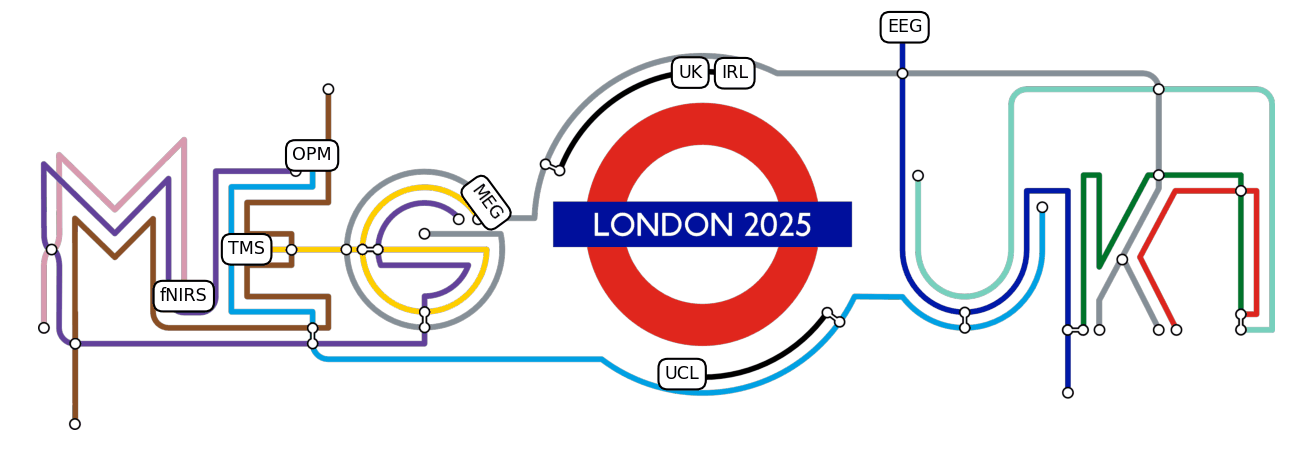Anticipatory neural dynamics of spatial-temporal orienting of attention in younger and older adults
Authors:
Simone G. Heideman, Gustavo Rohenkohl, Joshua J. Chauvin, Clare E. Palmer, Freek van Ede, Anna C. Nobre
Abstract:
Spatial and temporal expectations act synergistically to facilitate visual perception. In the current study, we sought to investigate the anticipatory oscillatory markers of combined spatial-temporal orienting and to test whether these decline with ageing. We examined anticipatory neural dynamics associated with joint spatial-temporal orienting of attention using magnetoencephalography (MEG) in both younger and older adults. Participants performed a cued covert spatial-temporal orienting task requiring the discrimination of a visual target. Cues indicated both where and when targets would appear. In both age groups, valid spatial-temporal cues significantly enhanced perceptual sensitivity and reduced reaction times. In the MEG data, the main effect of spatial orienting was the lateralised anticipatory modulation of posterior alpha and beta oscillations. In contrast to previous reports, this modulation was not attenuated in older adults; instead it was even more pronounced. The main effect of temporal orienting was a bilateral suppression of posterior alpha and beta oscillations. This effect was restricted to younger adults. Our results also revealed a striking interaction between anticipatory spatial and temporal orienting in the gamma-band (60–75 Hz). When considering both age groups separately, this effect was only clearly evident and only survived statistical evaluation in the older adults. Together, these observations provide several new insights into the neural dynamics supporting separate as well as combined effects of spatial and temporal orienting of attention, and suggest that different neural dynamics associated with attentional orienting appear differentially sensitive to ageing.
Link: https://doi.org/10.1016/j.neuroimage.2018.05.002
